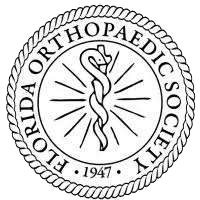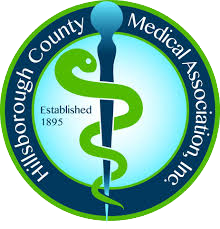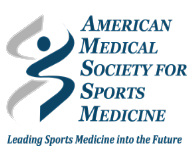 Let’s talk about knee injuries. Two of the most common—anterior cruciate ligament (ACL) tears and meniscus tears—are often confused with one another. One thing that is certain, however, is an injury to either one of these crucial joint structures can cause significant pain and impact an individual’s ability to move around comfortably. Here is some information to help you distinguish between these conditions and their symptoms.
Let’s talk about knee injuries. Two of the most common—anterior cruciate ligament (ACL) tears and meniscus tears—are often confused with one another. One thing that is certain, however, is an injury to either one of these crucial joint structures can cause significant pain and impact an individual’s ability to move around comfortably. Here is some information to help you distinguish between these conditions and their symptoms.
ACL Tear Symptoms
ACL tears are one of the most common injuries among athletes and non-athletes alike. They occur when one of the major ligaments that supports the knee is torn or sprained, and often take place after sudden pivoting or twisting motions, such as those made by basketball or football players. Symptoms of a torn ACL often include:
- An audible “pop” or a popping sensation in the knee joint
- Swelling that occurs rapidly
- Intense pain around the knee
- Reduced range of motion
- A feeling of joint instability and difficulty putting weight on the affected leg
Meniscus Tear Symptoms
A meniscus is one of the two small pieces of cartilage (menisci) that sit on either side of the knee, providing a layer of cushion between the thighbone and shinbone. One or both of these menisci can tear following forceful rotating motions. Some of the most common symptoms of a torn meniscus include:
- A popping sensation
- Stiffness or a feeling that your knee is locked
- Swelling around the knee
- Trouble extending your leg fully
- Pain that worsens when trying to rotate your knee
What’s the Difference?
It’s true that ACL and meniscus tears share many similar symptoms. In fact, it can be extremely difficult to tell them apart without the expertise of a physician. But, if it seems that your knee is stiff rather than unstable, a meniscus tear is more likely to blame (although meniscus tears may also cause joint instability). A few other key differences include:
- ACL tears usually require surgical treatment, while mild meniscus tears may be treated conservatively.
- ACL tears tend to have longer recovery times.
- Meniscus tears are more likely to increase the risk of developing osteoarthritis than ACL tears.
Your Local Orthopedic Specialists
It’s important to note that you should promptly seek medical care no matter what type of knee injury you’ve sustained. In Tampa Bay, a premier provider of specialized orthopedic care is Tampa Orthopaedic & Sports Medicine Group—a division of Florida Medical Clinic and the longest-operating orthopedic practice in the area. Our board-certified specialists offer the latest advances in care, including minimally invasive procedures, knee gel injections, and breakthrough regenerative medicine techniques like platelet rich plasma therapy and stem cell therapy.
Don’t just guess what’s to blame for your knee pain—find the answers and specialized care you need at Tampa Orthopaedic & Sports Medicine Group. Our practice accepts most major health insurance plans and caters to adolescents, adults, and seniors with virtually all types of knee injuries and degenerative conditions. We look forward to helping you get back on the move!












